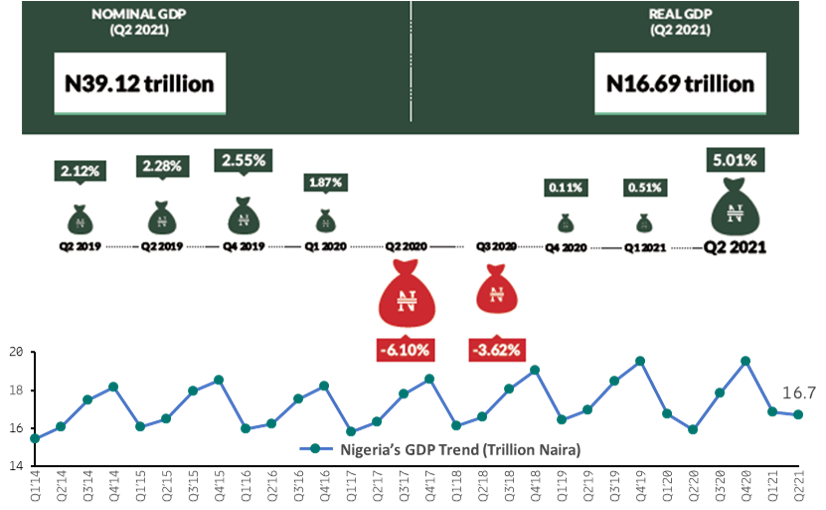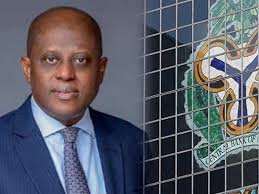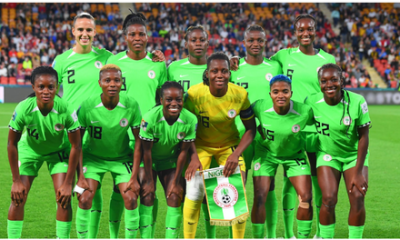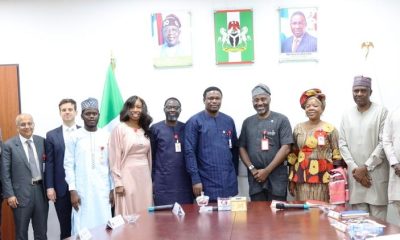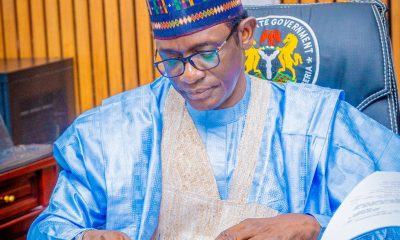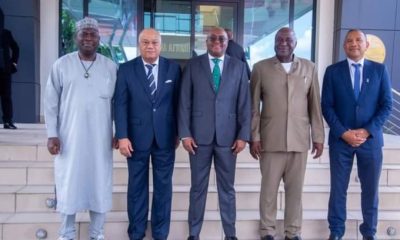The Dangote Petroleum Refinery has commenced exporting refined petroleum products to nearby West African nations, signaling to traders that the refinery’s operations might soon disrupt regional fuel markets.
According to a Tuesday report by Bloomberg, citing data from Vortexa, Kpler, Precise Intelligence, a port report, and a ship-tracking platform, a tanker has transported a shipment of gasoline from the Dangote Petroleum Refinery to waters near Togo, a neighboring West African country.
The report mentioned that the vessel CL Jane Austen recently loaded over 300,000 barrels at the refinery and headed westward.
It is worth noting that last month, Mustapha Abdul-Hamid, Chairman of Ghana’s National Petroleum Authority, revealed that Ghana is exploring the option of purchasing petroleum products from the Dangote Refinery. This move aims to reduce reliance on costlier imports from Europe, which currently cost the nation around $400 million monthly.
The head of the NPA in Ghana, speaking at the OTL Africa Downstream Oil Conference in Lagos, stated that sourcing imports from Nigeria instead of Europe would lower the cost of other goods and services by eliminating freight charges.
“If the refinery reaches 650,000bpd a day capacity, all that volume cannot be consumed by Nigeria alone, so instead of us importing as we do right now from Rotterdam, it will be much easier for us to import from Nigeria and I believe that will bring down our prices,” Hamid said.
In the same vein, The PUNCH reported exclusively two weeks ago that the refinery was prepared to start exporting fuel to South Africa, Angola, and Namibia.
The statement also mentioned that four additional African nations – Niger Republic, Chad, Burkina Faso, and the Central African Republic – have begun discussions with the refinery.
A reliable source, who shared this information exclusively with one of our reporters, revealed that the management of the refinery, with a capacity of 650,000 barrels per day, is in the final stages of negotiations with these countries to begin fuel shipments.
“I can confirm to you that talks are actually at the advanced stage with Ghana, Angola, Namibia, and South Africa, while the initial discussion is coming up with Niger, Chad, Burkina Faso, and the Central African Republic,” the source said.
The report also mentioned that the shipment of petroleum products is currently drifting near the coast of Lome, a well-known location for ship-to-ship transfers.
It remains unclear where the cargo of the CL Jane Austen will eventually be delivered.
While it is located off the coast of Togo, this area is frequently used for ship-to-ship transfers, suggesting the fuel could eventually be transported to another destination.
“While the shipment is tiny in the context of the global gasoline market, it signals the ramp-up of Dangote’s production and the potential to export significant volumes of gasoline beyond Nigeria, which could upend regional markets.”
The refinery sent its initial shipment of gasoline by sea to the commercial center of Lagos last month.
It is still uncertain if a significant portion of Dangote’s gasoline production will be exported.
In the previous month, the Federal Government lifted the state-owned oil company’s exclusive right to purchase fuel from the plant for domestic consumption, while still permitting the ongoing importation of fuel from Europe and the US, as per the regulatory framework.
The report states that a representative from Dangote did not reply to a request for comment.
